6 Fruit Varieties You Can Start Growing in February — Right Now Is the Ideal Time To Plan For a Bountiful Summer
Find out what types of fruit bushes and trees to plant this month with our expert guide (including some real favorites)
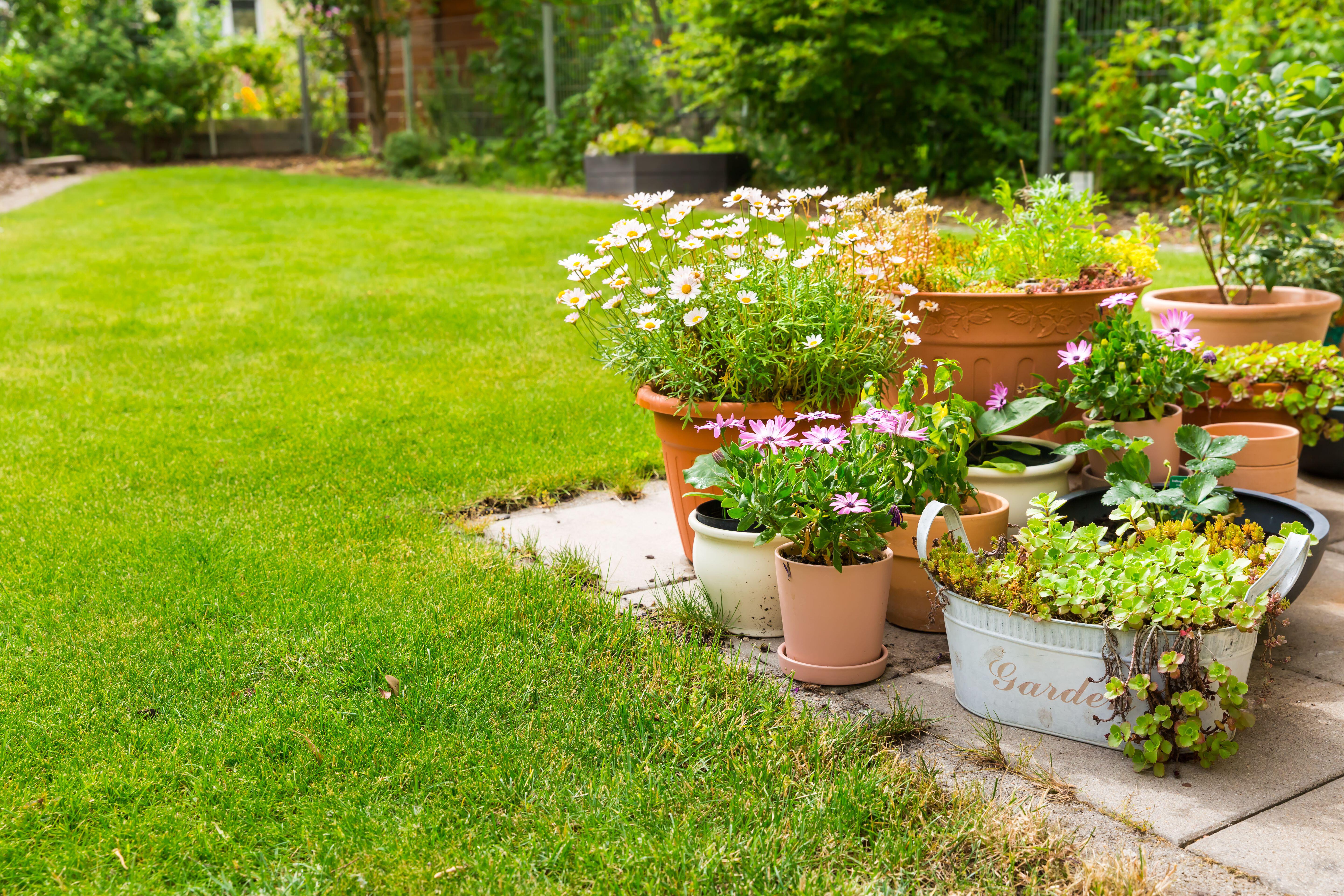
The Livingetc newsletters are your inside source for what’s shaping interiors now - and what’s next. Discover trend forecasts, smart style ideas, and curated shopping inspiration that brings design to life. Subscribe today and stay ahead of the curve.
You are now subscribed
Your newsletter sign-up was successful
February is a key time in the backyard if you're interested in starting to grow fruit for the first time or thinking about adding to your collection. As well as being the last chance to plant bare-root bushes so they can get established before summer, it's also a great time for settling in container grown fruit bushes. If you have room, you can plant a tree or two now as well.
At this time of year fruit bushes and trees are typically available to buy in nurseries and garden centers, so there is plenty of choice. As long as the ground isn't waterlogged or frozen fruit planted now will quickly become established so by the time temperatures start to warm up they will have developed a healthy root system.
There's lots of scope for trying new things in your backyard too. If space is limited think about choosing one of the new dwarf varieties of tree that can be grown in containers, or try compact bushes you can tuck into a corner of a balcony or terrace. Some varieties can be trained to grow against walls while others thrive in hanging planters. We have plenty of ideas so find out more now.
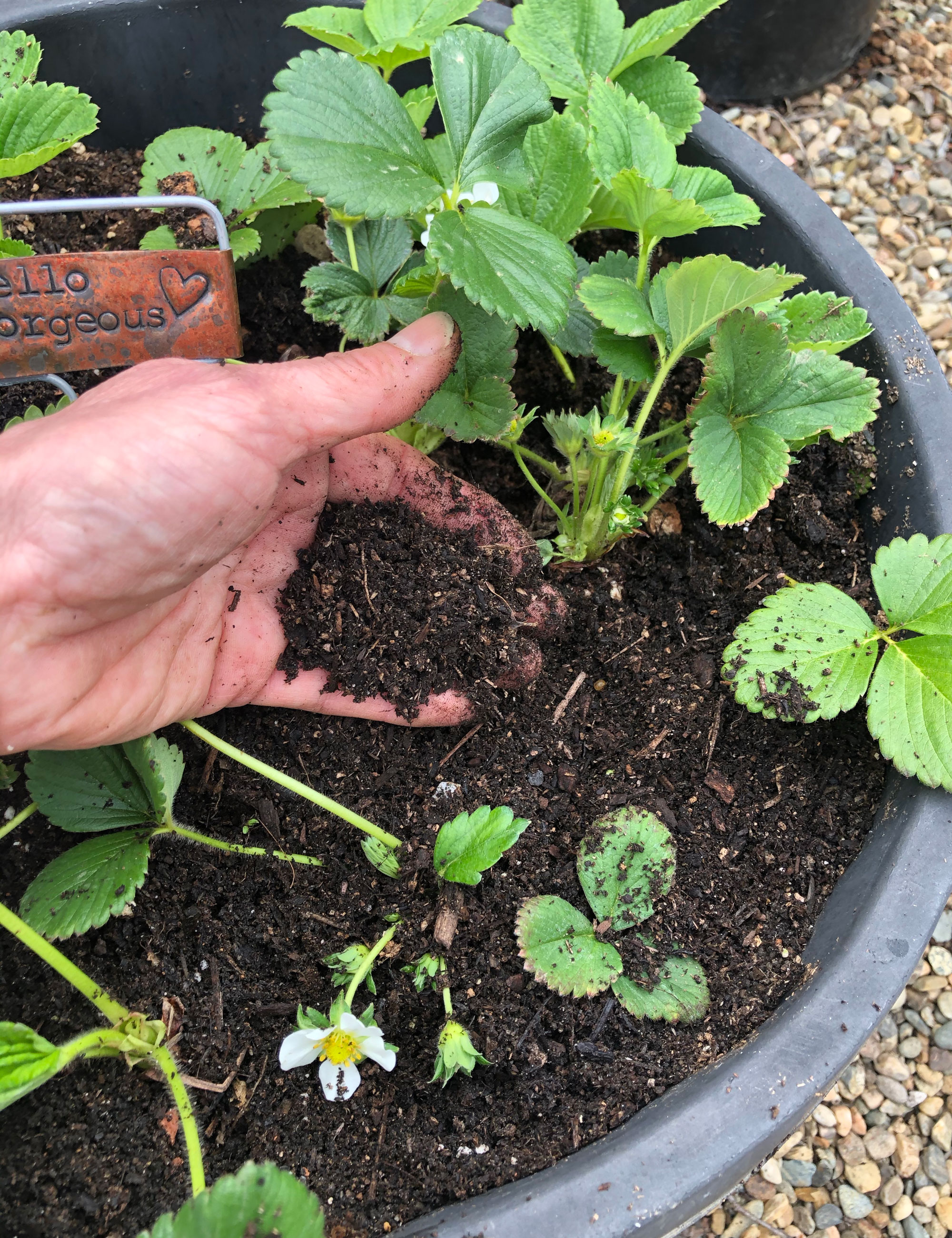
Now is the time to get strawberries planted out
6 types of fruit to grow in February
Most fruit trees and fruit bushes are available now at home depots and can also be ordered online from reputable nurseries. The usual advice about the best month to plant fruit is from December through to March, so you still have plenty of time when it comes to deciding which fruit to grow in February. Here are 6 of our favorite varieties we think you should try.
1. Strawberries
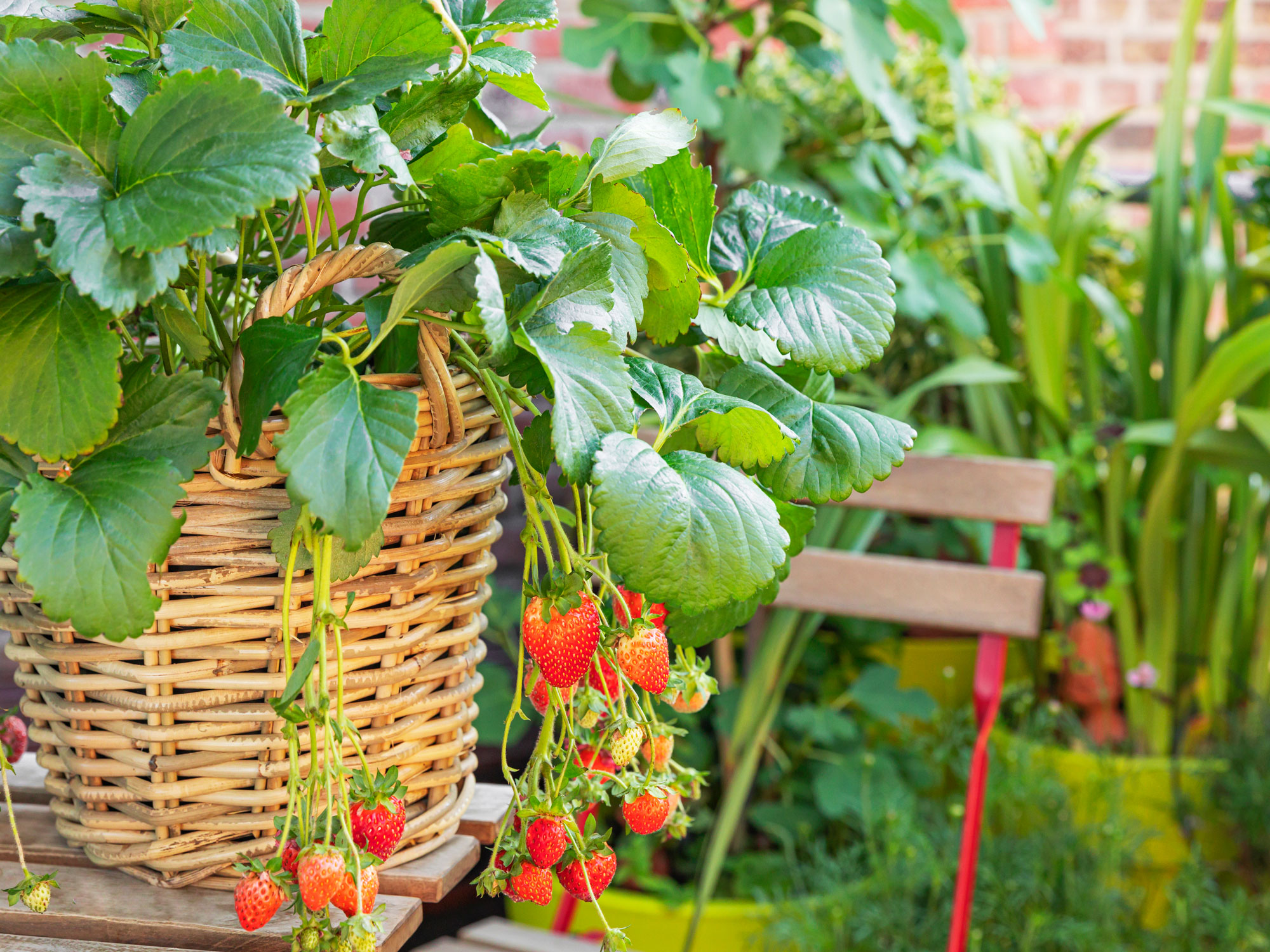
Early varieties of strawberry plants can be picked up from the nursery or garden center now and grown outside in February to get a great start. Buy high yield plants from a trustworthy supplier to ensure a disease-free crop. Grow them under a cloche for protection against cold weather and, depending on your climate, you can expect a late spring harvest.
Strawberries are traditionally grown in rows planted directly into garden soil but their trailing habit also makes them suitable for hanging baskets and window boxes, and they thrive in containers too. This means they're ideal if you live in an apartment with restricted outdoor space. If you can give them a warm atmosphere such as a conservatory this will encourage an earlier crop too.
Luckily, strawberries are easy to grow, and you'll soon see how much better growing them yourself is. It's well worth trying a few different varieties to see which suit your soil and local climate best. Try a cold hardy favorite that fruits early like 'Honeoye', available from Burpee.
The Livingetc newsletters are your inside source for what’s shaping interiors now - and what’s next. Discover trend forecasts, smart style ideas, and curated shopping inspiration that brings design to life. Subscribe today and stay ahead of the curve.
2. Blueberries
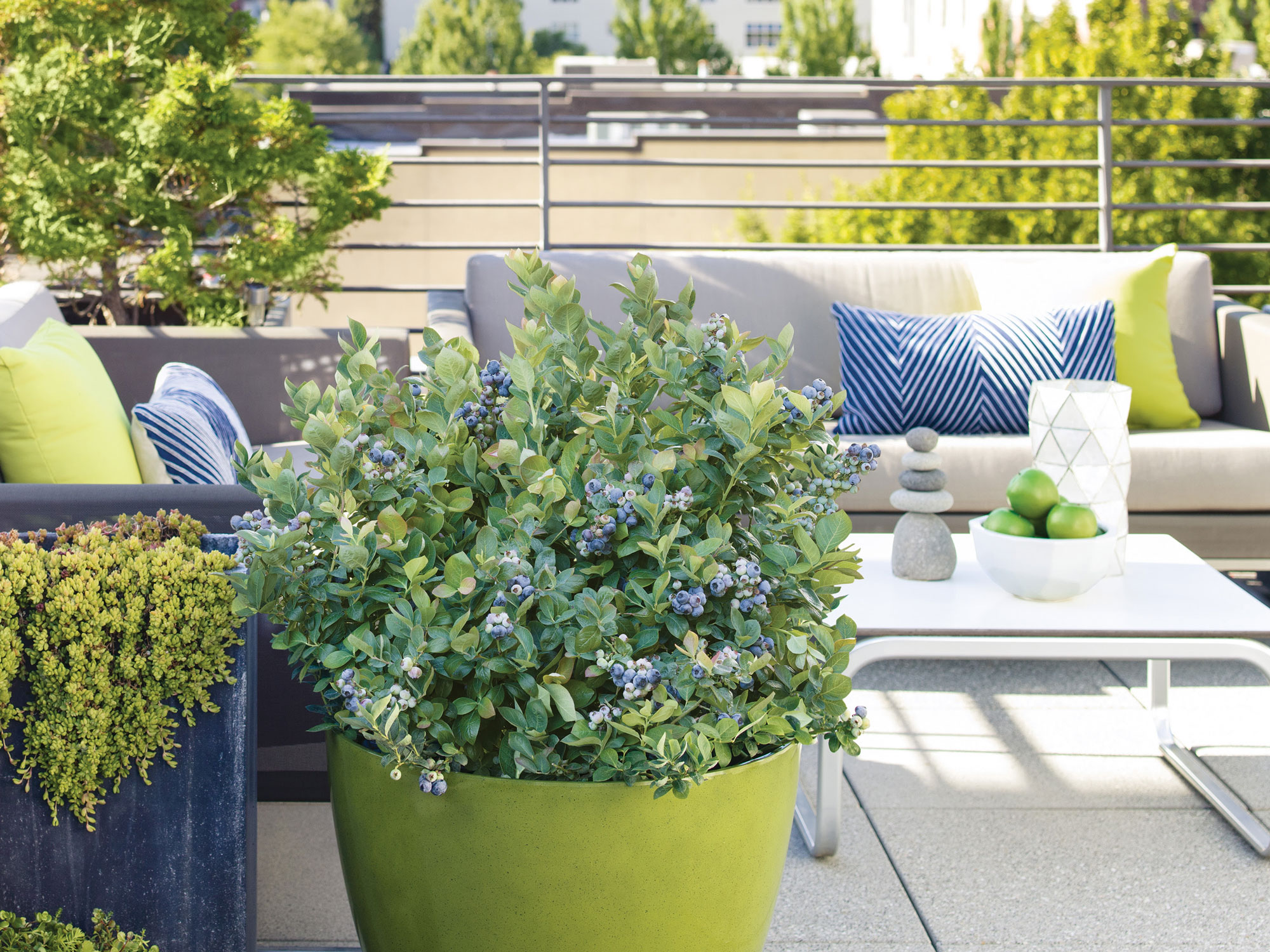
Blueberries may be planted out in February as bare root or potted plants, as they are hardy in USDA Zones 4–9. When buying, select healthy plants with plenty of shoots at the base.
Choose a sunny to partially shaded location when planting, with well drained, very acidic soil with a pH of 4.2-5.2. You can amend your soil accordingly with acidifying materials such as sulphur chips or pine needles, or alternatively grow your blueberry bush in a pot using ericaceous (acidic) loam-based potting compost.
Blueberries are easy to grow and come in many different forms. As well as offering fruit they look good too. 'Blueberries are fantastically ornamental,' says horticulturalist Christina Chung, author of The Layered Edible Garden, available from Amazon. 'Their growth habit is a tidy shrub, the white flowers in spring are attractive, and in fall they put on a foliage show that rivals the burning bush or maple.'
While some varieties offer a decent crop on their own, they tend to yield a much heavier harvest if planted near another variety so cross pollination can occur.
The main blueberry grown by gardeners is the northern highbush. There are dozens of varieties, all are extremely hardy and high yielding. They also require a significant period of cold to initiate flowers and therefore fruit. Try an early highbush variety like 'Spartan', which is very hardy, has large fruits and is generally a great choice if you're a blueberry beginner, or like this Sharpblue bush, just $20 from Amazon.
3. Fig tree
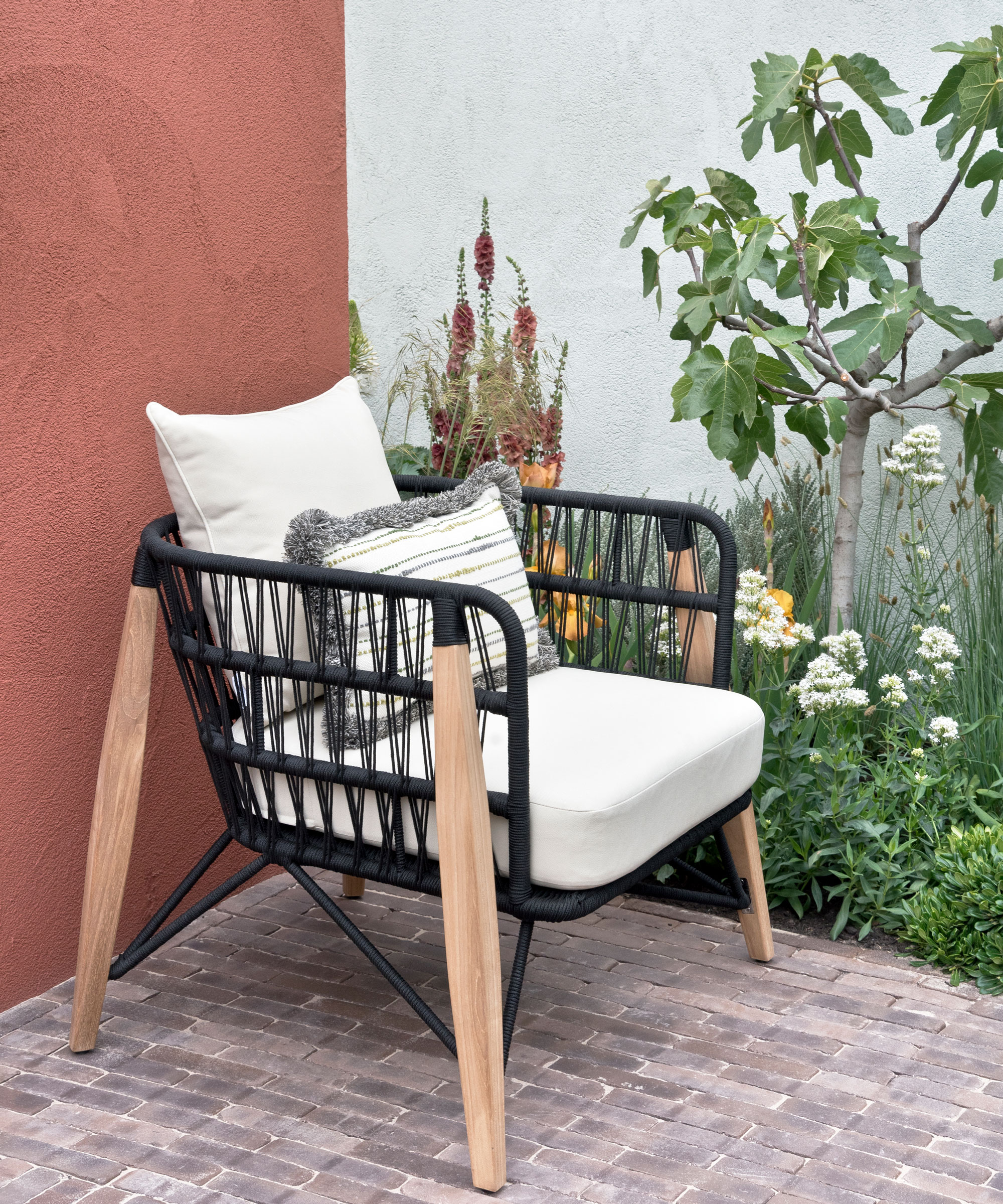
February is a great time for potting up a fig or planting one in the ground, as long as the soil has warmed up and there's no risk of frost. It's easy to pick up a container grown fig tree from the garden center now and plant it out if weather conditions permit.
If you have a sun-drenched south- or south-west-facing wall in a courtyard use the wall to train the fig in a fan shape. Alternatively a sunny sheltered patio or balcony area is the perfect spot to plant one up in a container. Figs are one of the best fruit trees you can grow in pots, but repot them every couple of years until they reach their desired size.
Figs are easy to grow and planted in the right location will grow vigorously. Give them plenty of water while they get established, and every day when it's hot. Also during the growing season apply a tomato fertiliser every couple of weeks until the figs start to ripen.
They're all self-fertile, so you only need one tree for a decent crop, which is great news if your growing space is limited.
This Black Mission fig tree, $21.50 from Amazon, is the perfect starter plant.
4. Lemon tree
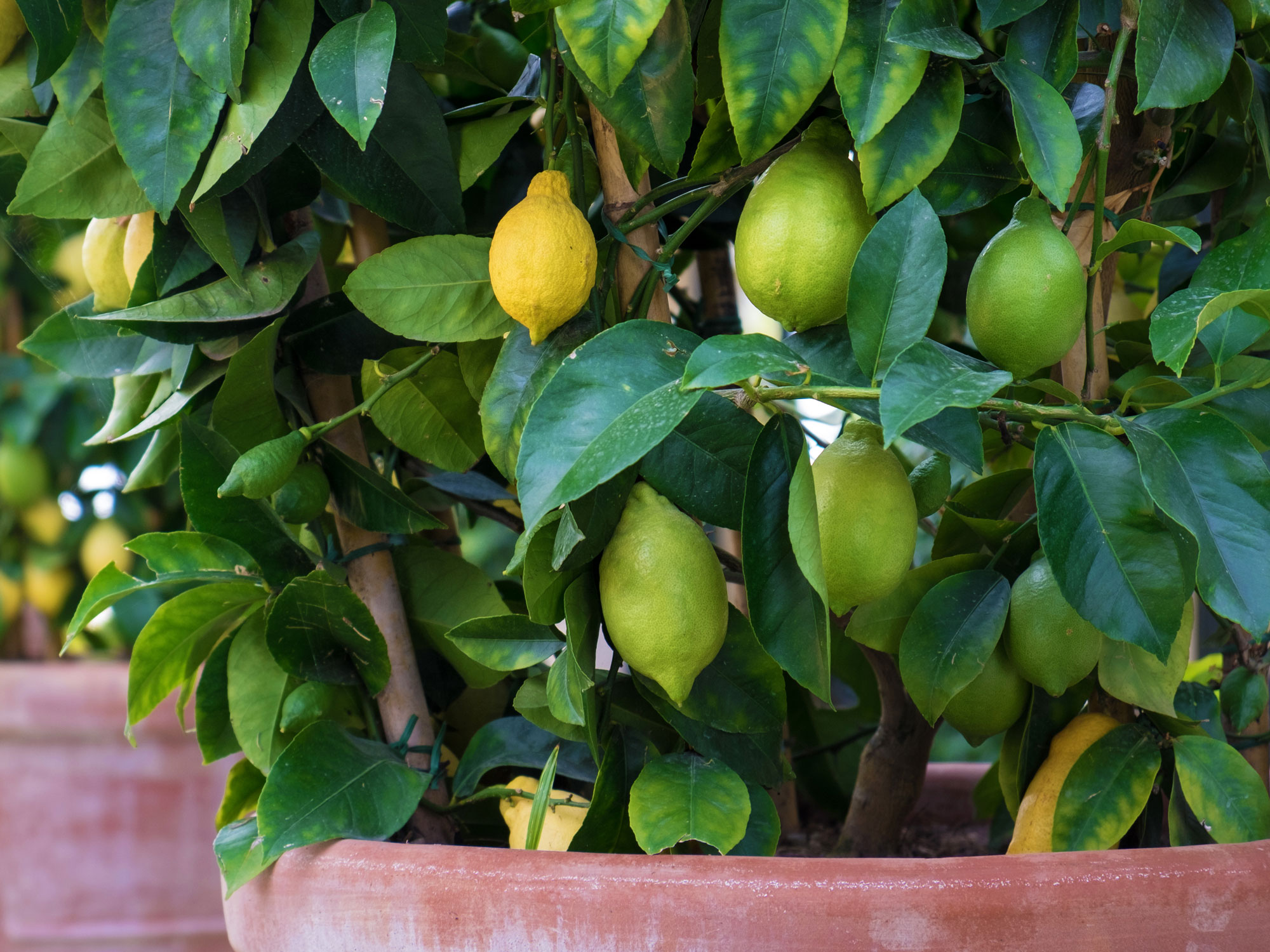
The best time to plant a lemon tree is in spring to avoid extreme winter or summer temperatures, which would hamper your tree's efforts to get established and put down healthy roots. Check what the advice is for lemon trees in your local growing zone.
This is a really easy fruit tree to grow, but lemon trees do best in a south-facing area that gets plenty of sun. It's also a good idea to mix in some organic matter or compost to the soil to build nutrients and improve drainage. Spread a 2 to 3 inch layer of mulch around the tree's root area to preserve moisture in the soil but make sure you keep it away from the trunk.
You can also grow lemon trees in terracotta pots in a sheltered, sunny spot such as in front of a south- or west-facing wall. This means you can move them indoors in winter too, as most lemon trees will require protection, although some new hybrids are much hardier.
'The Improved Meyer’ lemon tree is one of the hardiest and easiest of all dwarf lemon trees to grow,' according to the experts at Burpee. 'They produce fruit year round, with fragrant white flowers followed by large, aromatic yellow lemons. In the winter, bring them inside to a conservatory or bright sunny room.'
5. Raspberries
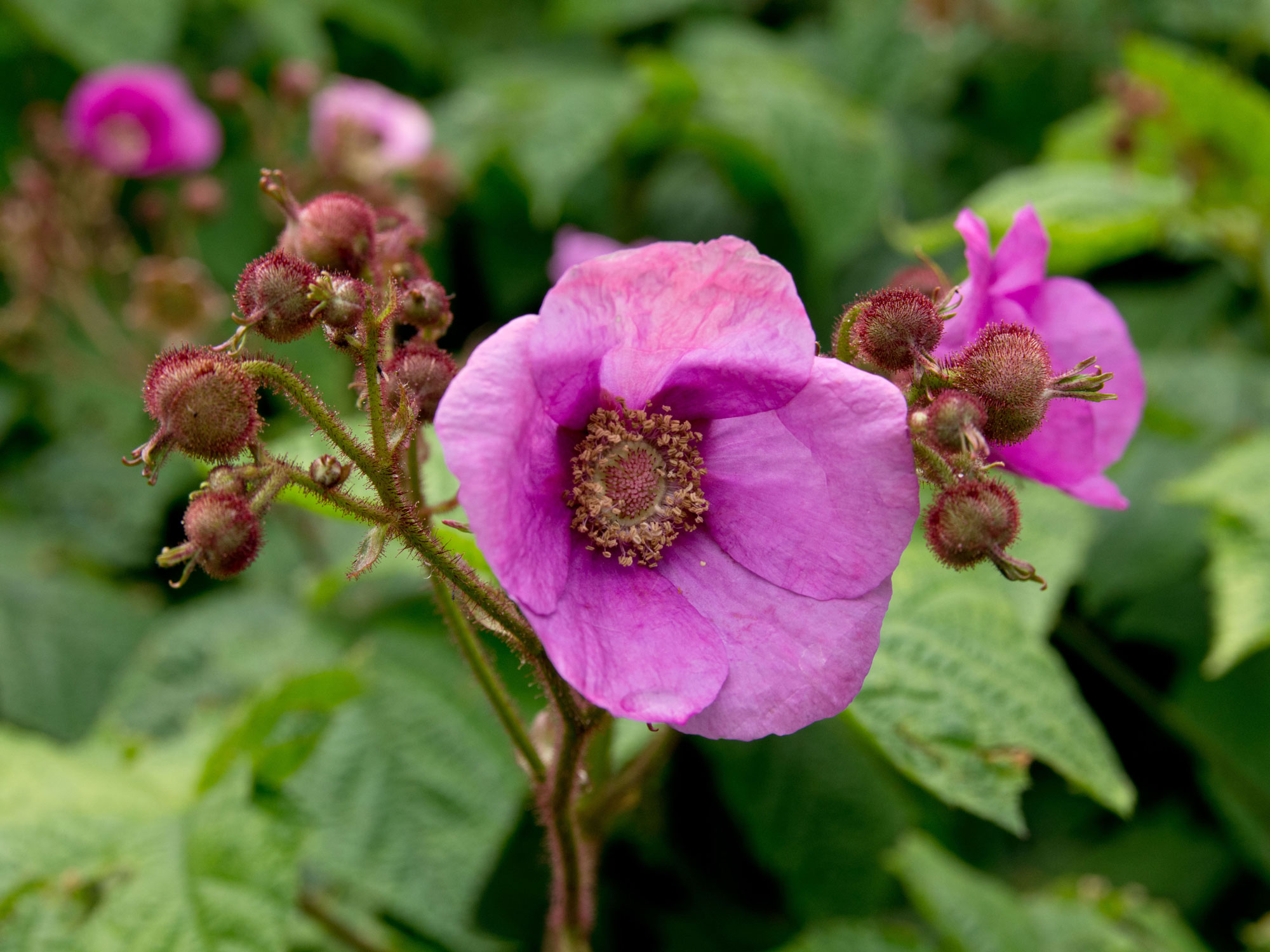
You can plant raspberry canes from October to April, as long as the ground isn't frozen or waterlogged. The canes should not be planted too deeply as raspberries are quite shallow rooted so the roots should be just covered. Firm them in with your hands to make sure the canes do not loosen in the ground in windy weather.
February is a great time to plant raspberry canes as this is still in their dormant phase. The canes will quickly get established with minimum fuss before starting to shoot as spring arrives.
'Look out for the purple flowering raspberry,' says Christina Chung. 'It grows as a thicket of narrow, thornless stems covered with large, attractive, maple leaf shaped leaves. Starting in early summer and continuing through fall, the stems will be topped with large, pink fragrant flowers that develop into small, tasty, red raspberries.'
This variety prefers shade too so it's a great way to bring both flowers and edible fruit into difficult garden spots, such as overlooked city yards.
This Dorman Red raspberry bush, $19.95 from Amazon, will do you proud.
6. Apple tree
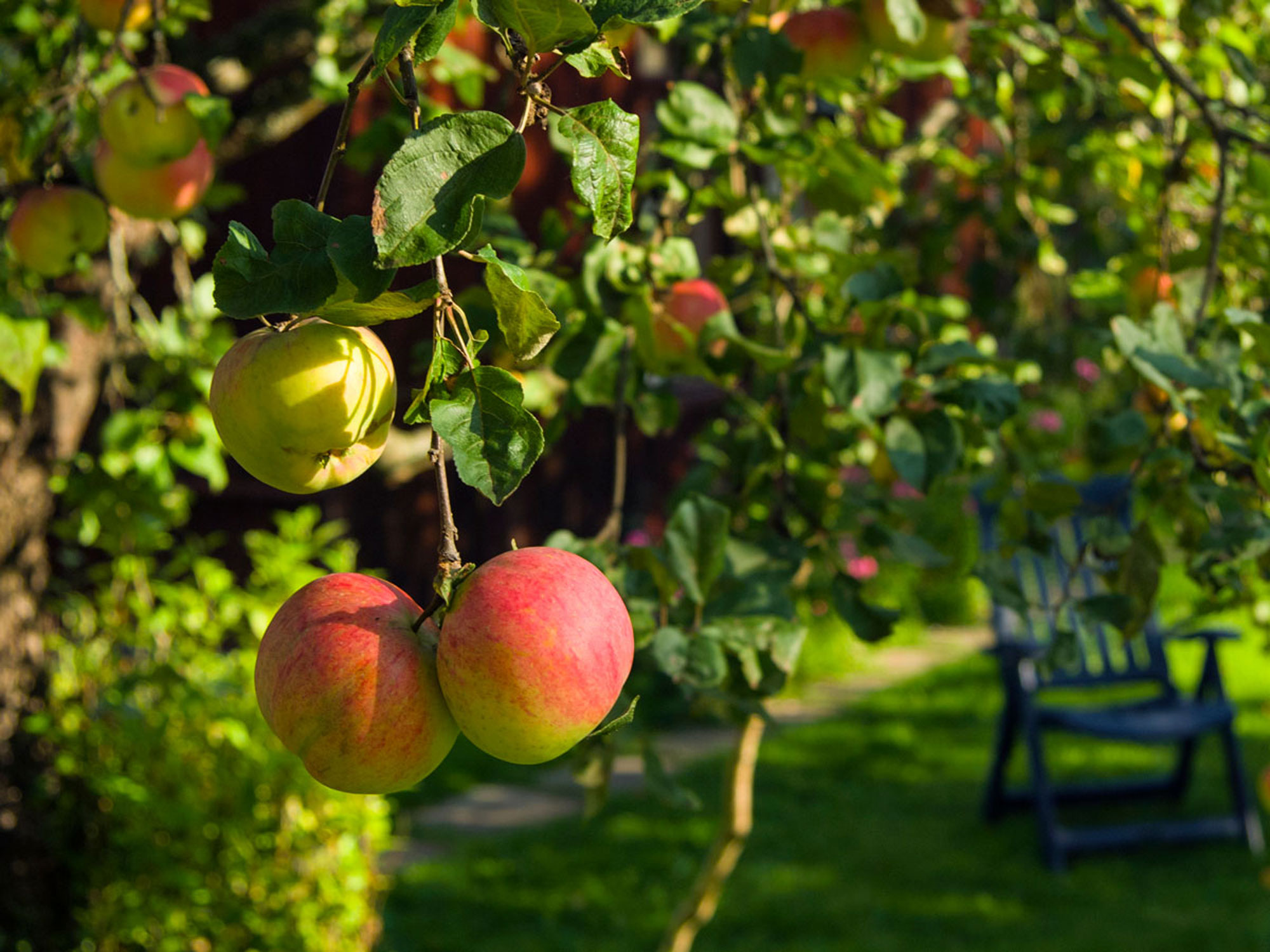
The idea of planting an apple tree can feel like a dream if you have a small urban yard. 'Unfortunately, few of us have space in our yards for even a single apple tree,' say the team at online nursery experts Nature Hills. 'But the Urban Apples® Tasty Red™ Columnar Apple Tree is going to change that. This is not your typical apple tree. Staying small and narrow-growing, it's only 2-3 feet wide and 8-10 feet tall, meaning it's perfectly sized for modern urban spaces and container gardens.'
Apple trees can be planted from November to March, but the best month really does depend on your growing zone and the weather conditions. So, if you live in a cold zone, it's best to plant apple trees in February or March. If you live in a milder zone, you will be able to plant apple trees in November, December and right through to spring weather permitting.
A good rule to follow is plant bare root fruit trees as soon as you can dig a hole in the ground in spring, the earlier the better. Meanwhile you can plant container-grown apple trees throughout the growing season.
So if you're wondering what fruit to grow in February, one of these columnar apple trees could be the perfect answer. You can grow apples in any sized garden, even on your balcony or rooftop garden, with these genius space-saving trees.
And this three foot tall Gala apple tree, $39 from Amazon is a good starting point too.
Lifestyle journalist Sarah Wilson writes about garden design and landscaping trends. She has studied introductory garden and landscape design, and also has an RHS Level 2 qualification in the Principles of Plant Growth and Development. She is a regular contributor to Livingetc.com, and also writes for Homes & Gardens, Country Living, Country Homes & Interiors, and Modern Gardens magazines. Her first job was at Elle magazine, during which time a trip to the beautiful La Colombe d'Or in St-Paul-de-Vence led to an interest in writing about all things botanical. Later as lifestyle editor at Country Homes & Interiors magazine one of the highlights were the run of captivating country gardens that were featured.